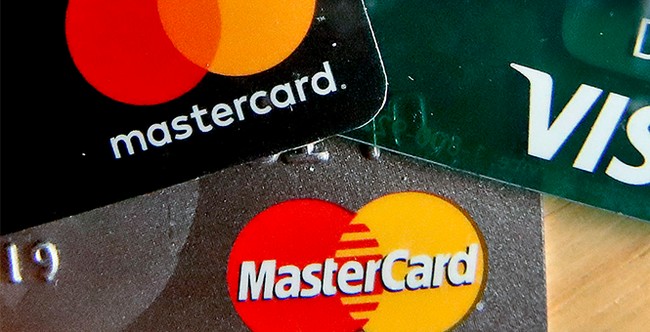
Markets, not governments, should determine interest rates. Politicians are free to cajole, but not to interfere. Markets are often messy, but they are very adaptable and generally get things right in the end; and where interest rates are concerned, placing an artificial cap on interest rates for consumer debt has the unintended effect of blocking some people out of the credit market altogether.
That’s precisely what the state of Virginia is contemplating. Senate Bill 1252, currently making its way through the Virginia Legislature, would cap consumer interest at 12 percent.
The bill states in part:
A. Except as otherwise permitted by law, no contract shall be made for the payment of interest on a loan at a rate that exceeds 12 percent per year.
There are exceptions:
B. Laws that permit payment of interest at a rate that exceeds 12 percent per year are set out, without limitation, in:
- Article 4 (§ 6.2-309 et seq.) of this chapter;
- Chapter 15 (§ 6.2-1500 et seq.), relating to powers of consumer finance companies;
- Chapter 18 (§ 6.2-1800 et seq.), relating to short-term loans;
- Chapter 22 (§ 6.2-2200 et seq.), relating to interest chargeable by motor vehicle title lenders;
- Section 36-55.31, relating to loans by the Virginia Housing Development Authority;
- Section 38.2-1806, relating to interest chargeable by insurance agents;
- Chapter 47 (§ 38.2-4700 et seq.) of Title 38.2, relating to interest chargeable by premium finance companies;
- Section 54.1-4008, relating to interest chargeable by pawnbrokers; and
- Section 58.1-3018, relating to interest and origination fees payable under third-party tax payment agreements.
C. In the case of any loan upon which a person is not permitted to plead usury, interest and other charges may be imposed and collected as agreed by the parties.
That seems a lot of exceptions; auto loans, for example, along with interest payments to pawnbrokers and short term loans. What else might go above 12 percent?
It’s important to note that for many people, this artificial cap would limit them to mortgages, auto loans, and credit cards – “open-end credit plans” – and people with poorer credit ratings would be blocked from the market. It’s important to note that the average interest rate for revolving credit accounts – credit cards – in the United States today is a bit over 24 percent.
See Related: Pres. Trump Goes Off-Leash Over the Fed’s Decision Pausing New Interest Rate Cuts
Why Young Californians Can’t Afford Homes – and What The Powers That Be Aren’t Telling You
Here’s the onion:
This bill is sponsored by state Senator Lamont Bagby, a Democrat (of course). Se. Bagby has received major donations from the VA Trial Lawyers Association and the Virginia Auto Dealers Association. Trial lawyers, one might argue, stand to profit should this become law; it’s only a matter of time before the interest rate cap ensnares a company that does business across state lines, and the auto traders – well, not that motor vehicle title lenders are among the groups exempted (yet).
While the devil is frequently in the details, however, in this case, it’s more a matter of fundamental principles. The government of Virginia should not be messing around in interest rates. The various lending institutions, banks, credit unions, credit card companies, auto traders, and so on, are best equipped to determine what interest rates will attract consumers, while reducing the institution’s exposure to defaulting borrowers. Markets, not government. Private sector, not public. It’s messy, it’s sometimes reactive, but it generally works. Central control never does.
Hopefully, Republican Virginia Governor Youngkin will do the right thing and veto this nitwittery.
